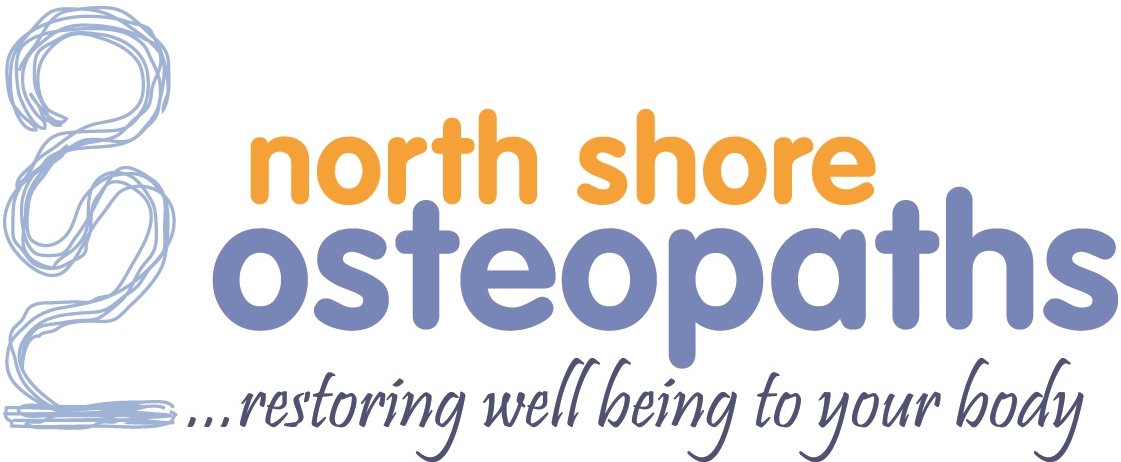
Your baby is born with an innate desire to communicate with you and for you to communicate with him. Babies are totally dependent on their parents. The more you chat to your toddler, the more opportunities she is likely to have to learn how to talk.
But bear in mind that all children are different and learn to talk at different rates.
With this in mind, how, then, do you coax your child to utter his first few words – and eventually – his first sentences? Here are some great tips.
Share a Book
In the early months, reading isn’t about the plot so much as the shared experience. As you cuddle together, talk about the pictures any way you like—you don’t have to stick to the story line (“Look at the fuzzy bear”). Touch-and-feel books are great for babies 6 months and under, when the senses are a primary tool, and picture books with no words at all can free you to make up your own tale. Whether you choose a board book or a Dr. Seuss favourite, reading to your baby can inspire a richer use of vocabulary and provide fun themes you might not have thought of on your own.
Use two-way communication from the beginning.
From the time our babies are born, they need to know that we not only tell them what’s happening, but also that we pay attention to their non-verbal signals and listen to their sounds and cries. If we’re unsure, we wait before reacting. We ask, give the child time to take our question in, and listen again. We make every attempt to understand what our babies might be communicating. We won’t always be successful in the beginning, but we’ll improve with each try.
Meanwhile our children hear our profoundly important message: “We want you to tell us what you need and feel. We believe you are capable of communicating with us, and we will do our best to understand you.”
This is vital. Only we can open this door and wholeheartedly welcome our baby’s communication. Talk about real, meaningful things.
Be animated.
Use lots of melody and facial expression when you talk with the baby. Use changes in volume. Sing. Use your hands. This makes you even more fascinating than you are. You are already one of the most intriguing things in your baby’s life. But when you create interest around the act of talking, you get your baby to attend to it for longer periods of time and that gives your baby even more opportunity to learn.
Listen.
Research shows that as important as giving a child words is, it is equally important to let them have the floor. Listening and attention are validating. We all know this. We know who in our circle of friends is the best listener and we seek them out when we need to have our souls soothed. So when you give your child your attention when he or she is talking – and by “talking” this is babbling, singing, saying words, engaging in sound or word play – you teach your child that those things are important and worth your time, and you sustain their interest in it by paying attention to it yourself.
